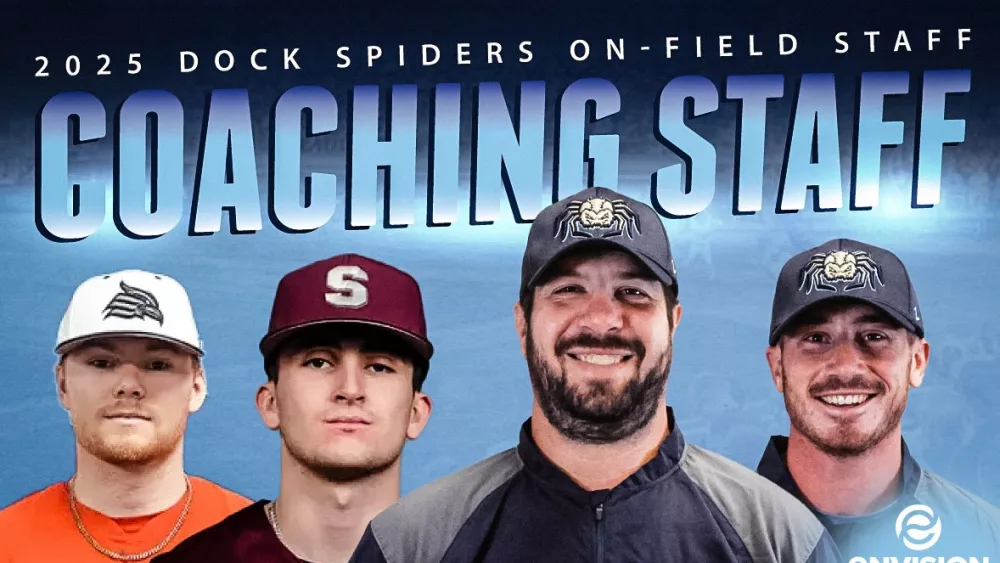(Washington, D.C.) – Congressman Glenn Grothman (R-WI) has introduced the Biodiversity Oversight Scaled-back And Fully Erased (BIOSAFE) Act, co-led by Congressman Tom Tiffany (R-WI). This bill will prevent the Biden Administration from forcing state and local wildlife conservationists to forego final authority on conservation decisions resulting in the prioritization of Washington’s one-size-fits-all initiatives over decades of local conservation efforts. The Biden Administration is currently promulgating a rule through the Department of Interior’s U.S. Fish and Wildlife Service that will make changes in the decision-making process, stripping the authority of local biologists and placing final policy decisions for local hunters and anglers in the hands of bureaucrats at the Washington, D.C.-based National Wildlife Refuge System. This bill is supported by the National Shooting Sports Foundation and the Council to Advance Hunting and the Shooting Sports.
“I am proud to introduce this bill because it is important to protect our local hunters and conservationists from the Biden Administration’s Washington-first agenda,” said Grothman. “I firmly believe in protecting our most precious natural resources for future generations to enjoy and am proud to represent a beautiful district with a variety of lakes, rivers, and other natural attractions. The quality of our state’s natural environment is thanks to the efforts of Wisconsinites who care about our state. It would be wholly inappropriate for Washington bureaucrats to come in and override decisions made by Wisconsin citizens, hunters, fishermen, and local Refuge managers, but that is exactly what would happen if the proposed BIDEH rule goes into effect.” “The Biden Administration has a long history of putting their far-left agenda ahead of the livelihoods of our nation’s hunters and anglers, and the proposed BIDEH rule is just another example of that,” said Tiffany.
“The BIOSAFE Act is crucial to keeping local habitat management and hunting regulations out of the hands of DC’s unelected bureaucrats.” “This legislation prevents climate change activism from overtaking true conservation of America’s wildlife. The BIDEH rule would dismantle over a century’s worth of proven results that active participation in wildlife conservation has yielded. America’s success on wildlife recovery and sustainable conservation of both animals and habitat is the envy of the world because it invests sportsmen and women in those efforts and results. The proposed BIDEH rule risks that by putting political agendas ahead of sound science.” – Lawrence G. Keane, NSSF Senior Vice President and General Counsel.
“Responsible conservationists need an immediate remedy to the Biological Integrity, Diversity and Environmental Health rule. The act drastically changes how refuges have been managed for over 100 years. The act ignores good science and guidance of stakeholders who paid for most of these lands. The BIOSAFE act puts the brakes on the BIDEH rule, and this is desperately needed. The BIOSAFE Act will restore intelligent management of refuges including effective habitat management and foster the engagement of stakeholders in the process.” – Steven Leath, Ph D., Executive Director of the Council to Advance Hunting and the Shooting Sports.
Background
On February 2, 2024, the United States Fish and Wildlife Service (USFWS), under guise of the Department of the Interior, proposed the “National Wildlife Refuge System; Biological Integrity, Diversity, and Environmental Health” (BIDEH) rule. If this rule were to be finalized, new regulations prioritizing a Washington one-size-fits-all agenda rather than decades of hunting conservation strategies would be enacted. Included in this proposal are changes in the decision-making process, stripping the authority of local biologists and placing final policy decisions for local hunters and anglers in the hands of the Washington, D.C. based National Wildlife Refuge System. This bureaucratic red tape’s purpose is to restrict existing, effective habitat management and limit hunting opportunities and public access. The rule, which had its commentary period extended to 60-days, received approximately 40,000 criticisms from the general public. Without proper action from Congress, many local conservationists, as mentioned in a congressional hearing by the Subcommittee on Water, Wildlife , and Fisheries, will face ironhanded prohibitions. The BIOSAFE Act would require the Secretary of the Interior, acting through the Director of the USFWS, to withdraw the proposed BIDEH rule.







